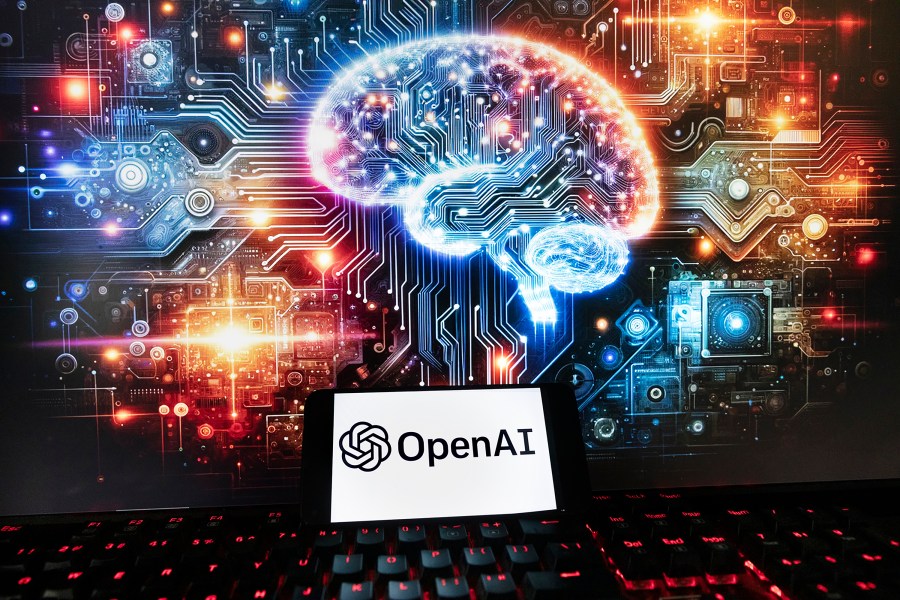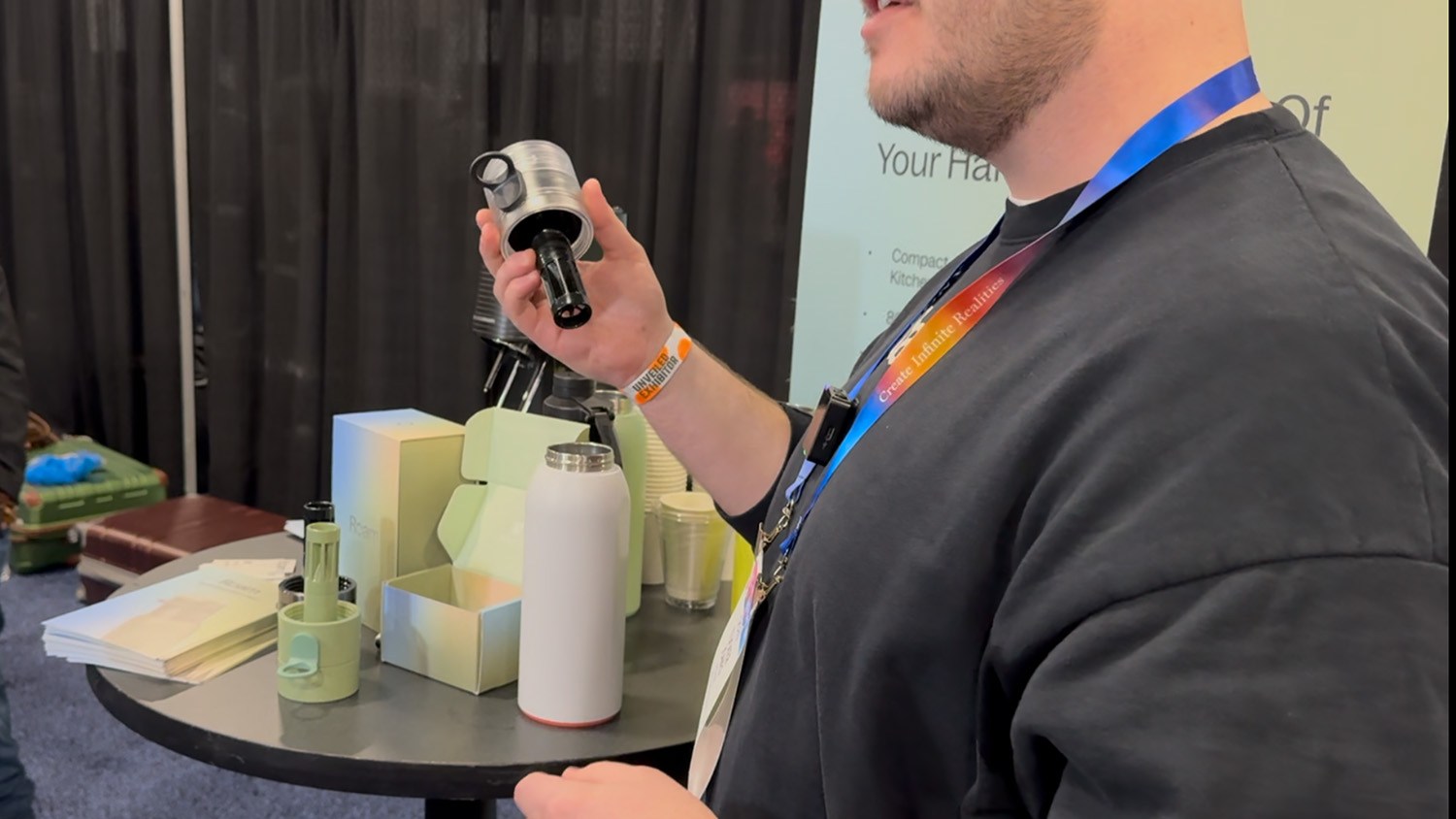For years, scholars and science fiction writers have warned about the possibility of workers being replaced by machines. Now after the world of artificial intelligence took a giant leap forward in 2023, it appears we are one step closer to that becoming a reality.
Executives of some of the largest and most powerful companies in the world are not being shy about their excitement over AI and their plans to utilize the new technology to save on their bottom line.
In a recent poll conducted by PwC, a multinational professional services and consulting firm, CEOs were asked about AI as they attended the annual World Economic Forum in Davos, Switzerland.
The firm asked specifically about generative AI, which, as the name implies, generates new content like text, images or audio, based on prompts provided by the user.

If you’re active on social media, you’ve probably seen some version of generative AI, either in the form of a fantastic ’90s-era Lisa Frank-esque illustration, a real song performed by fake versions of Drake and The Weeknd, your friends or acquaintances suddenly having 1980s yearbook photos or new professional headshots, or maybe you fell for those fake images of former President Donald Trump being arrested by armed police last March.
That’s generative AI.
Now a bunch of high-level executives think that there’s untapped potential in generative AI, including potential for cost-cutting, aka layoffs.
A majority of CEOs polled all expressed interest in generative AI, with many saying they believed it would lead to innovation and competition in their respective industries.
But as many as 25% of those CEOs polled also said they expected AI to provide other new benefits for their company, including allowing for “headcount reduction.”
“One-quarter of CEOs [are] expecting to reduce headcount by at least 5% in 2024 due to generative AI,” PwC said in a news release.
The industry where AI could have the biggest impact? Entertainment.
More than 30% of CEOs for media and entertainment companies were among those who said they expected AI would lead to layoffs.
If you recall, much of the entertainment industry was at a standstill in 2023 due to contract disputes between the major film studios and the unions representing writers and actors — a crucial sticking point was the use of artificial intelligence in future productions.
While both strikes were resolved with some protections put into place, others in the industry including editors, VFX artists, storyboardists and post-production artists have voiced their own concerns about the possibility of losing their jobs to AI.
Earlier this month, Matthew Loeb, the president of the International Alliance of Theatrical Stage Employees, which represents nearly 170,000 workers in the industry, said the union was prepared to strike in the coming year when several of its contracts with the studios begin to expire.
AI is once again expected to be a major point of emphasis in future discussions between the studios and the hundreds of thousands of workers that keep the industry rolling.
Other industries where CEOs say layoffs might be on the horizon include insurance, banking, transportation and logistics, telecommunications and, of course, retail.
As Futurism.com suggests, executives might want to lay off the gas pedal when trudging head-first into the world of artificial intelligence, lest they end up sowing the seeds of their own demise. The website was the first to catch Sports Illustrated in the act for using AI to populate articles on its website. The CEO of the once-illustrious publication was later fired.





















